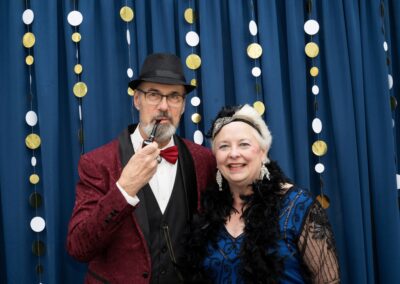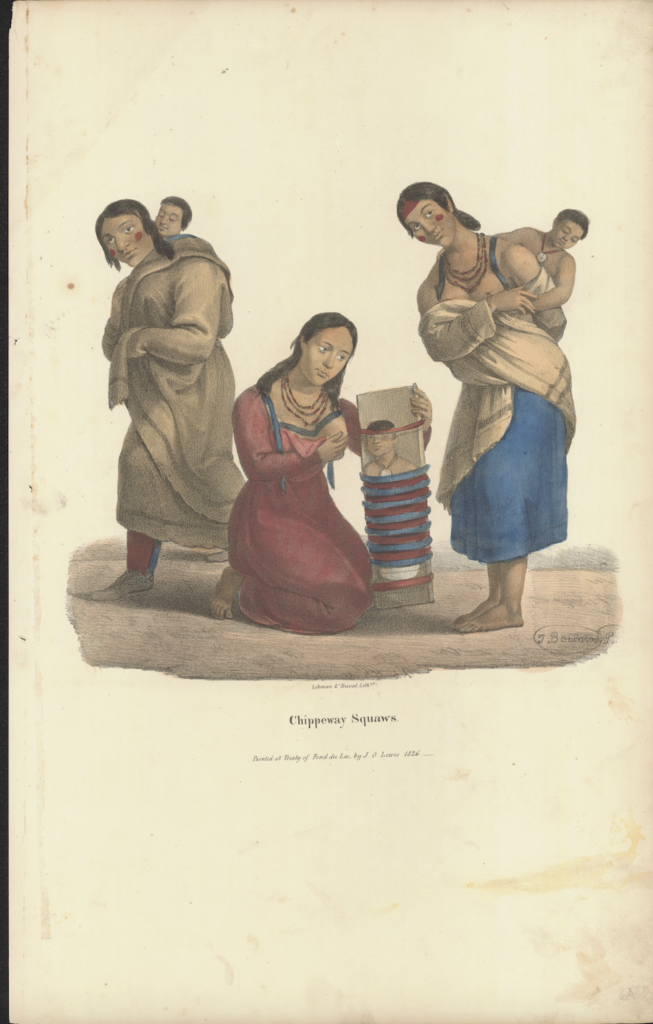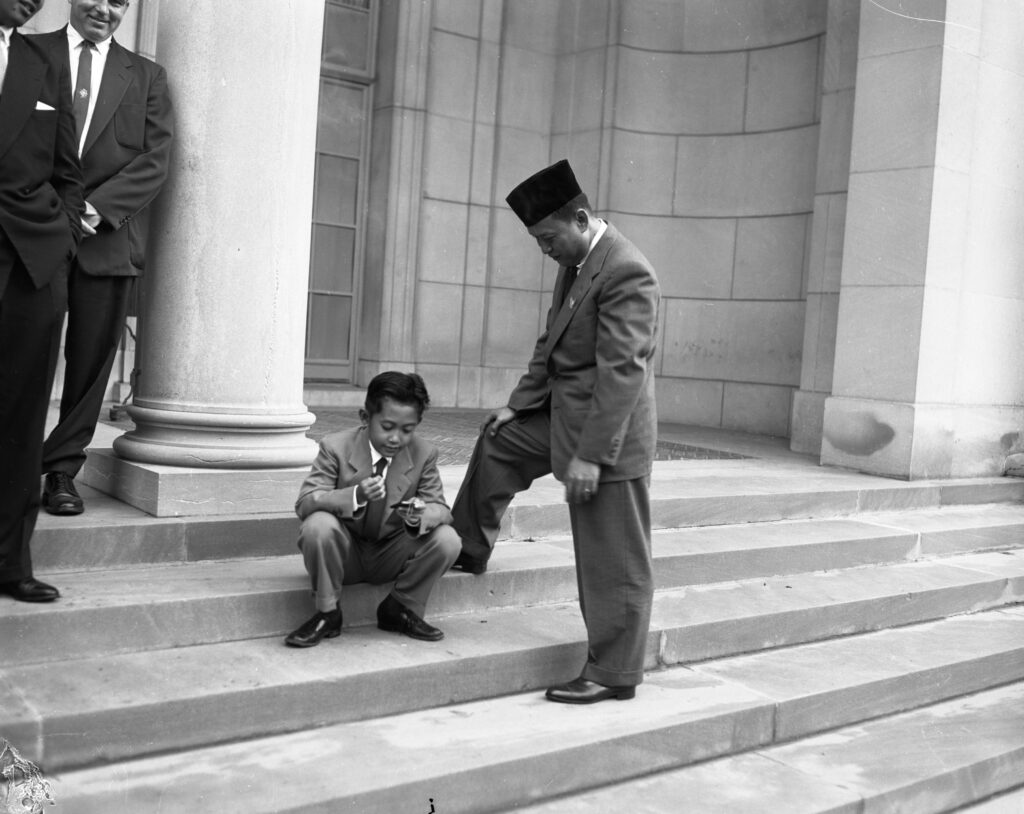- Research
-
-
DUPLICATION AND USE
TEACHING WITH COLLECTIONS
-
SEARCH TOOLS AND GUIDES
-
USING THE LIBRARY
-
REFERENCE
FELLOWSHIPS
-
-
-
-
- Explore Collections
-
-
DIVISIONS
-
DIGITAL RESOURCES
-
DIGITIZED COLLECTIONS
-
SEARCH TOOLS
-
-
-
- Public Programs
-
-
SOCIAL MEDIA
-
EXHIBITS
TOURS
-
EVENTS
-
OUTREACH
-
-
-
- Give
-
-
MAKE AN IMPACT
-
MEET OUR DONORS
MAKE A PURCHASE
-
SUPPORT COLLECTIONS
-
GET INVOLVED
-
-
-
- About
-
-
STAFF AND GOVERNANCE
-
CONNECT
-
LIBRARY BLOG
OUR STORY
-
VISIT
-
-
-
Select Page



































































































































